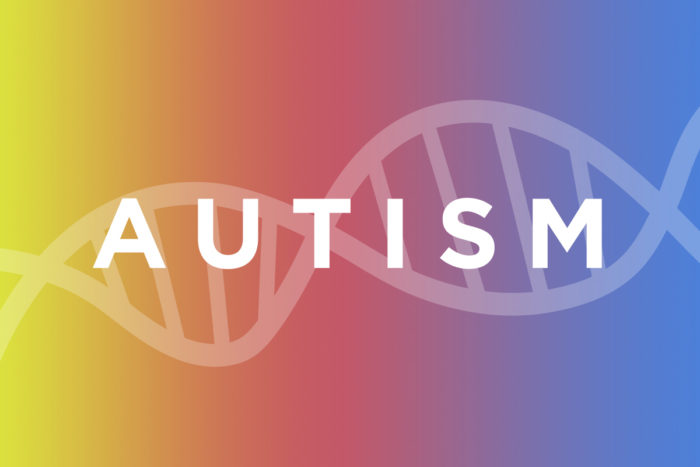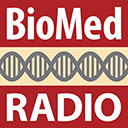Scientists link single gene to some cases of autism spectrum disorder
Findings could provide clues about other genes involved in autism
 Michael Worful
Michael WorfulScientists, led by a team at Washington University School of Medicine in St. Louis, have linked mutations in a single gene to autism in people with neurofibromatosis type 1. The findings may lead to a better understanding of the genetic roots of autism in the wider population.

Scientists have linked mutations in a single gene to autism in people who have a rare tumor syndrome typically diagnosed in childhood.
The findings, in patients with neurofibromatosis type 1 (NF1), may lead to a better understanding of the genetic roots of autism in the wider population.
The findings are published Oct. 19 in the journal JAMA Psychiatry.
Studying 531 patients at six clinical centers in the United States, Belgium, the United Kingdom and Australia, the researchers found that mutations in the NF1 gene that cause the disease also contributed to autistic behaviors in almost half of the patients.
“NF1 is caused by mutations in a single gene — NF1,” said first author Stephanie M. Morris, MD, an instructor in neurology. “Our research indicates that this single gene also is associated with autism spectrum disorders in these same patients. That may make it possible to look downstream from the gene to find common pathways that contribute to autism in the wider population.”
NF1, the disorder caused by NF1 mutations, usually appears during childhood. Symptoms can vary in severity, but they include café au lait spots, which are flat, brown spots on the skin. Other symptoms include tiny nodules on the iris of the eye, nerve tumors, bone deformities such as a curved spine or a bowed lower leg, and optic gliomas, tumors of the optic nerve. Kids with NF1 also can have learning disabilities.
“In the 25-plus years that I’ve taken care of kids with NF1, we’ve only recently started to recognize that these children also often have symptoms of autism,” said senior investigator David H. Gutmann, MD, PhD, the Donald O. Schnuck Family Professor of Neurology and director of the Washington University NF Center. “In the past, we didn’t really understand the association between NF1 and autism, but now we have new insights into the problem, which will allow us to design better treatments for children with NF1 and autism.”
The findings also could help scientists who study the genetics of autism understand how mutations in a single gene can contribute to symptoms of autism, such as problems with social and language skills and repetitive behaviors.
About 100,000 people in the United States have NF1. It is equally common in both sexes and in all ethnic groups. Autism, meanwhile, affects 1 percent to 2 percent of all children in the United States and is four to five times more common in boys than in girls.
“What’s unique about our findings is that it’s likely mutations in the NF1 gene are driving most of the symptoms of autism in children with NF1,” said the study’s other senior investigator, John N. Constantino, MD, the Blanche F. Ittleson Professor of Psychiatry and Pediatrics and director of the William Greenleaf Eliot Division of Child & Adolescent Psychiatry. “Here, we have a single-gene disorder that affects a fairly large number of people and is causing autism in a significant number of those who are affected. This work could provide us with an opportunity to study a single gene and figure out what it is doing to cause autistic syndromes.”
Constantino said most autism spectrum disorders are influenced by multiple genes but that isolating this one gene can aid efforts to learn how other, unrelated genes may interact along that same pathway to contribute to autism in people who don’t have NF1.
Learning how those various genes come together to cause symptoms eventually could lead to better treatments. But already the findings are benefiting children and families treated at the Washington University NF Center.
“We’ve been able to screen children at our center, identify autism spectrum disorder, attention-deficit disorder and problems with executive cognitive function,” Morris said. “And when we identify these deficits in kids, we can tell their parents, inform their schools and enable these children to get the resources and support they need — specifically academic and social support – to improve their quality of life.”







